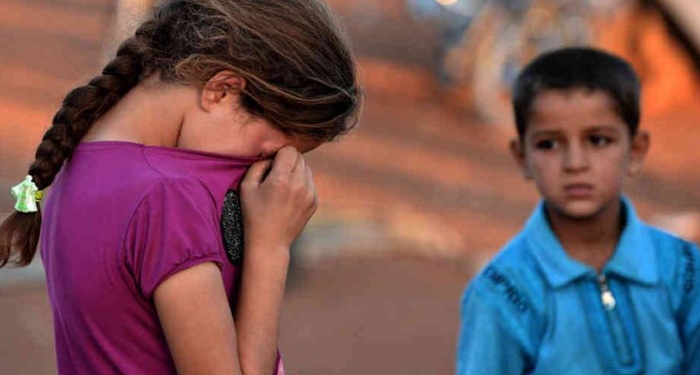
Even before the year 2025 reached halfway through, the number of new polio cases in Pakistan has increased to 12, raising alarm for the entire world. There were just six cases of poliovirus-infected patients in 2023. However, the Pakistani government’s mismanagement and opposition to vaccines by Islamic hardliners affected the eradication of the poliovirus.
There were 10 countries with poliovirus presence at the onset of the 21st century. While other countries managed to eradicate the virus, Pakistan besides Afghanistan remains the stronghold of viral transmission.1 “It has spread to all districts of Pakistan. We’ve snatched defeat from the jaws of victory,” said Zulfiqar Bhutta, Director of Research at Toronto-based Centre for Global Child Health.23
This is concerning as even the sensitive African continent became poliovirus-free by 2020, leaving only Pakistan and Afghanistan as the last sources of the paralysing virus. Earlier this year Saudi Arabia made polio certificate mandatory for Pakistani travellers amid the growing cases of poliovirus in Pakistan.4 A few countries including Egypt have already made such certificates necessary for Pakistani travellers.5
Health research by reputed medical professionals in Pakistan asserted that the resurgence of polio exhibited the threat of the disease, which posed significant challenges in achieving full eradication due to socio-religious misconceptions. “In many regions of Pakistan, local beliefs and misinformation play a critical role in shaping public attitudes towards vaccines. Distrust in the healthcare system, often rooted in historical grievances, is further fuelled by rumours spread via social media,” reads the research led by Erum Siddiqui of Karachi-based Jinnah Sindh Medical University.67
In some parts of Pakistan, health workers engaged in poliovirus vaccination are targetted by militants. Ahmad Bhittani and Shoaib Khan were among about 30 vaccinators who resigned after their colleagues were kidnapped. “Now, I can’t even visit my home village anymore. I’m worried the militants will shoot me because of the work I did in the past,” said Bhittani. Khan said militants accused them of killing their children. “Our kidnappers said that jihad against polio workers is a religious obligation,” he said.8
Moreover, individuals and families too are involved in violence against the vaccinators, said researcher and journalist Sameen Daud Khan. However, he held the government responsible for the failure of the vaccination programme. “The government’s efforts to combat polio, while appreciable, appear insufficient. Security measures for health workers remained reactive rather than proactive, and the logistical shortcomings persisted, especially in the country’s most vulnerable regions,” Khan said.9
Variable governance, inconsistent leadership and accountability as major reasons for the failure of the polio eradication programme in Pakistan, revealed a report by a group of researchers from Canada and Pakistan.
“Pakistan Polio Programme has experienced large amounts of variability due to variable governance, and weak management. Poor governance has thwarted Pakistan’s polio eradication efforts,” as per the report, in which Bhutta was one of the researchers.10
UNICEF has warned that children in Pakistan were unsafe as long as poliovirus continued to circulate.11 The Bhutta-led report criticised the Pakistan government for failing to develop trust among the communities about the benefits of polio vaccination. “Repeated polio campaigns had contributed to community fatigue and fostered vaccine hesitancy Frustrations with the lack of essential services such as poor water and sanitation also fostered mistrust in the Pakistani government and contributed to polio vaccine refusal,” it said.12
Pakistan received the dubious distinction of being the hotspot of debilitating disease, said author and senior journalist Zubeida Mustafa, who also said that polio could be eradicated from Pakistan if there was enough political will. “The problem is that the authorities whose job it is to look after the health of the people are not working as they should be. Unfortunately, the government has not been serious about it,” she said.13
Speaking about the embarrassment Pakistan faces, Murad Ali Shah, Chief Minister of Sindh province said his country was still stuck in a loop trying to eradicate the poliovirus when the world was exploring new avenues of development and progress.14 Unfortunately, the polio threat extended beyond Pakistan’s borders, said Sameen Daud Khan. “As one of the last reservoirs of wild poliovirus, the country’s failure threatens global eradication efforts. The world has eliminated smallpox and nearly vanquished polio. Pakistan’s stumbles risk squandering this progress,” Khan said.15 (Geopolitico)
